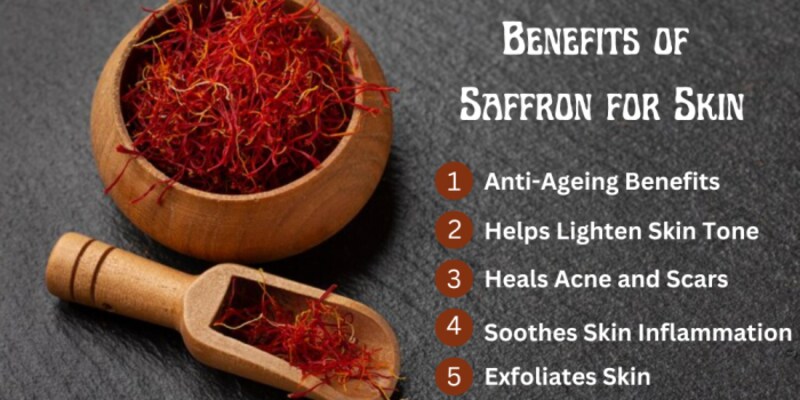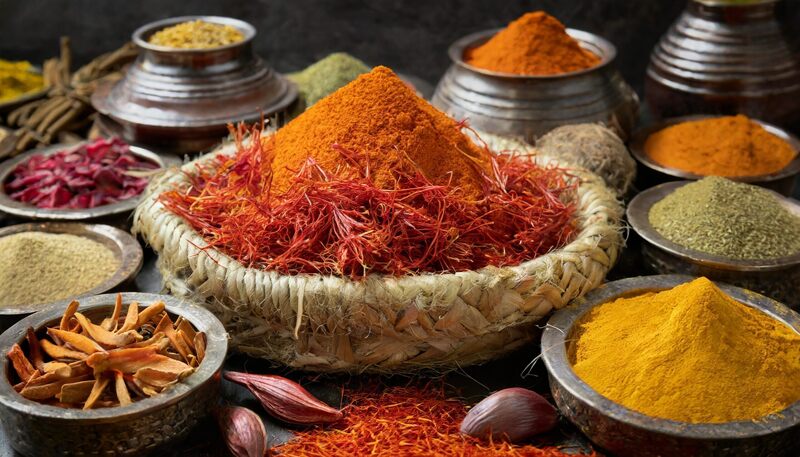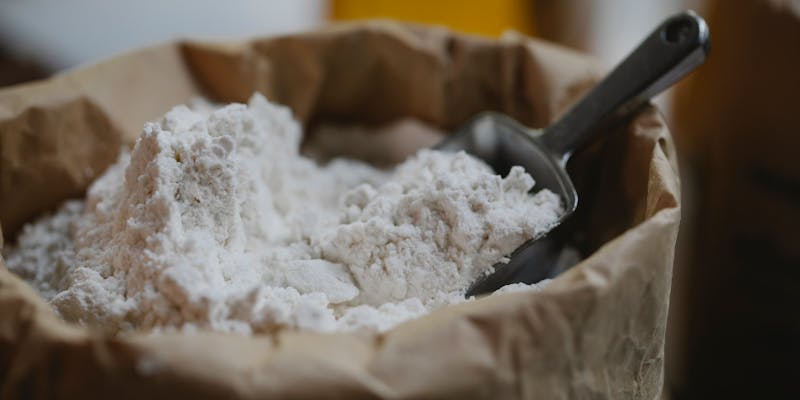Saffron, the spice with a golden color that comes from the Crocus sativus flower, has been admired for many years because of its cooking and healing characteristics. In this complete manual, we will look at the different advantages, nutritional worthiness, and possible harmful results as well as use suggestions for saffron.
Understanding Saffron Benefits
Saffron has many good effects on health. It contains antioxidants like crocin, crocetin, and safranal that can reduce inflammation. This might help with things such as arthritis or asthma symptoms. Furthermore, its ability to work as an antidepressant shows potential for fighting mood problems and supporting emotional health.

Saffron, has power against germs. Also, examination says saffron can aid in controlling sugar levels for people who have diabetes.
- Enhanced Cognitive Function: Research indicates that saffron may improve memory and cognitive function, potentially reducing the risk of neurodegenerative diseases.
- Eye Health Support: Saffron contains carotenoids like zeaxanthin and lutein, which are essential for maintaining optimal eye health.
Unraveling Saffron's Nutritional Profile
Even if it's tiny, saffron has strong nutritional value. Just a pinch of this spice contains important vitamins and minerals like vitamin C, vitamin A, and potassium. Carotenoids are also present in saffron which give it its rich color while providing health advantages too.
The nutritional content of saffron also includes small amounts of trace elements like iron, manganese, and copper. These are important for many physiological procedures in our body.
- Boosted Immunity: The high levels of antioxidants in saffron help bolster the immune system, protecting the body against infections and diseases.
- Potential Cancer-Fighting Properties: Preliminary studies suggest that saffron compounds may inhibit the growth of cancer cells and induce apoptosis, offering potential as an adjunct therapy in cancer treatment.
Navigating Potential Side Effects
Even though saffron is mostly safe to eat in normal quantities, eating too much can have bad effects. Some people might get allergic reactions with signs like itching, feeling sick, or dizzy. Also, if you eat a lot of saffron it could cause problems in your stomach like diarrhea and throwing up. Pregnant women should exercise caution, as saffron consumption could potentially stimulate uterine contractions.
Getting saffron from trustworthy providers is critical, as it guarantees the purity and quality of the spice. Also, people who have hidden health problems or are on medicine should talk to a healthcare expert before adding saffron to their meals.
- Interactions with Medications: Saffron may interact with certain medications, including antidepressants and blood thinners, potentially altering their efficacy or causing adverse effects.
- Caution for Children: Due to the risk of allergic reactions and potential adverse effects, saffron consumption in children should be supervised and limited to small amounts.
Harnessing the Power of Saffron in Culinary Delights
Saffron's special taste and lively shade make it an important part of cooking all around the world. When you put its unique smell into rice dishes or add some beautiful color to desserts, saffron makes everything look and taste more sophisticated. For best results in bringing out saffron's flavor and color, let its threads soak in warm liquid before using them in your cooking.
Saffron is good when combined with many things like seafood, chicken, and rice, giving dishes a rich taste. It has versatility in flavoring not only savory foods but also desserts such as cakes, pastries, or ice creams.
- Natural Food Coloring: Saffron's vibrant hue makes it a popular natural food coloring agent, replacing synthetic additives in various culinary applications.
- Aromatherapy Benefits: In addition to enhancing the taste of dishes, saffron's aroma can have therapeutic effects, promoting relaxation and reducing stress levels.
Exploring Diverse Applications of Saffron
Saffron is used in many areas, not just cooking. It can be found in traditional medicine like Ayurveda and Chinese medicine as well as skincare products. In these types of medicine, saffron is highly valued for its possible health benefits. It's said to have a variety of uses such as helping digestion. People also like using creams or lotions with saffron because they believe it helps make their skin glow and fight against signs linked to getting older.

The healing actions of saffron include its effect in aromatherapy, where the smell is thought to help with feelings such as anxiety, sadness, and sleeplessness. Also, saffron essential oil applied on the skin can be used for its anti-inflammatory and skin-regenerating benefits.
- Culinary Tradition: Saffron has a rich culinary history, dating back thousands of years, and is an integral part of various cuisines worldwide.
- Cultural Significance: In many cultures, saffron holds symbolic significance and is used in religious ceremonies, festivals, and traditional rituals.
Incorporating Saffron into Your Wellness Routine
To include saffron as part of your wellness routine isn't difficult, but it can be beneficial in many ways. You may steep the saffron in warm milk for a calming bedtime drink or put it into herbal teas to give it strength. There are numerous methods for including this adaptable spice in your everyday activities. But remember, use it with control and talk to a healthcare expert if you have medical issues already or expecting a child.
For saffron's medicinal uses, choose organic saffron threads that are of high quality. This assures you get the most strength and cleanliness. Try various ways to prepare it and cook dishes to find what brings enjoyment and health advantages into your wellness habits.
- Storage Considerations: To preserve saffron's flavor and aroma, store it in an airtight container away from direct sunlight and moisture.
- Mindful Consumption: While saffron offers numerous health benefits, moderation is key, as excessive intake may lead to adverse effects such as gastrointestinal discomfort or allergic reactions.
Conclusion
Saffron is like proof of the generosity of nature, showing us its health benefits and cooking pleasures. With lots of antioxidants, strong color, and a special smell, saffron keeps on attracting attention from people's hearts to their taste buds. Knowing about the good things it brings, its nutrition details, possible bad effects, and ways we can use it in daily life will help you enjoy all that this golden spice has to offer while also promoting your overall health.




